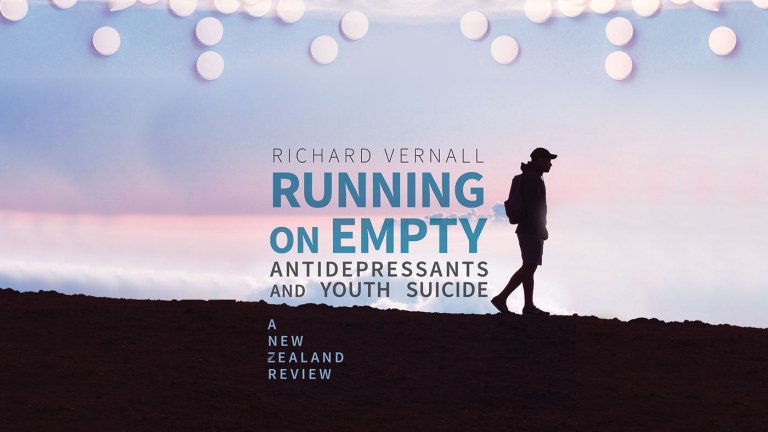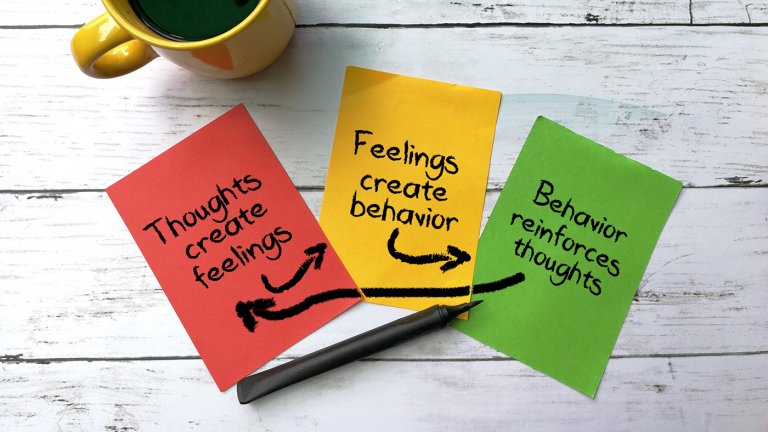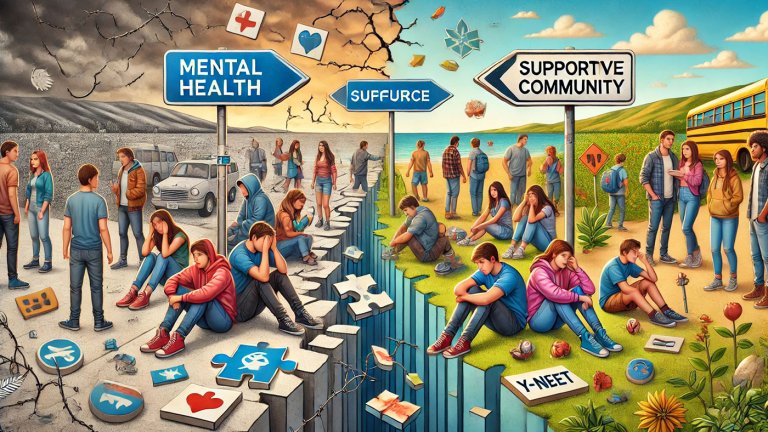Kiwis for Good: why should you contribute?
As the body of psychological science continues to expand, new methods of treating mental disorders and improving quality of life are being excavated. Activities which were previously considered purely recreational or physical in benefit, such as sport and other forms of physical exercise, are now being established as effective means with which to treat things like depression and anxiety. Similarly, art therapy and creative endeavours in general have been established as cathartic outlets conducive to significant improvements in mental health. Writing is one of these burgeoning modalities, it could even be accurately referred to as a “treatment”.
Individuals who are suffering, especially but not only due to the presence of a mental disorder, can often better organise their thoughts by writing, they can find purpose and meaning in their experiences by reading their own words and by both reading and writing they can achieve enough psychological distance between themselves and their experiences to be relatively objective.
Perhaps the most disorienting facets of a mental disorder, be it a mood disorder or a more complex (but not necessarily any less severe) problem like a psychotic disorder, are cognitive distortions. Cognitive distortions, known colloquially as “thinking traps”, are veils which wrap themselves around our consciousness and distort our perception of ourselves, the world and others. They are often constructed during childhood, especially as a result of trauma. The beliefs which we develop during these formative years are supposed to be functional and relatively accurate, they are supposed to help us navigate and understand the world in which we live. However, when we have a pronounced experience or set of experiences which devastate and confuse us, we become prone to developing beliefs about the world, ourselves and others which are inaccurate and maladaptive. For example, an individual who grew up in the grip of abusive parents is likely to adopt core beliefs like “the world is inherently unfair and unpredictable”, “people are untrustworthy and will always hurt me” and “nothing I do will ever have a positive effect on me or anyone else”. The development of these ideas is not only understandable but also predictable. If that is your experience of the world then why wouldn’t you form beliefs which are consistent with that experience?
Despite their formation making sense, these kinds of beliefs are maladaptive and destructive, and they can be incredibly difficult to exorcise. To the individual immersed in these thinking traps they are not thinking traps but self-evident truths (and it is easy to see why they would be perceived as such). Writing down and reading one’s own experiences, both past and present, can help to brush this dirt, these distorted thoughts, from the mirror of the mind. For most people, thoughts and feelings are inexorably entwined with one’s consciousness and therefore can’t be analysed with any degree of objectivity. Instead we tend to be wrapped up in them like flies in a web, unable to view the world directly, but instead seeing only what our bindings allow us to see. Writing helps to separate our thoughts and feelings from us, enabling us to evaluate them more rationally. Many of you will be familiar with the suggestion that if you are struggling with a decision you should consider what advice you would give to a friend in an identical situation. This is a genuinely effective technique, but why is it effective? It creates psychological distance between you and your problems. You are able to view them more coherently and accurately without your own emotions and thoughts tangling you up.
It is common, when writing about your daily life, to realise the inaccuracy of the cognitive distortions which afflict you. This is often due to a cognitive distortion known as “mental filtering.” Mental filters are walls in the mind, which repel or minimise information which doesn’t fit the individual’s belief system, and allow or even emphasize information which does. As you go about your daily life it is likely, if you are experiencing depression or anxiety or otherwise adhering to negative thinking patterns that you are failing to notice positive things. If you hold the aforementioned belief that “people are untrustworthy and will always hurt me”, then you are likely to not notice or fail to remember any acts of kindness you receive. Similarly, you are likely to internally exaggerate any negative interactions with others (this is known as “catastrophizing”) or take those interactions personally when they may have nothing to do with you and everything to do with the other person’s mood (this is known as “personalising”). It is much easier to notice these kinds of biases in yourself when you endeavour to write about your daily experience (or, in fact, any experience at all).
Writing can also help you to untangle and escape the tendrils of your past. If you believe the previously mentioned belief that “nothing I do will ever have a positive effect on me or anyone else” it is highly likely that a review of your life will contest this idea. Can you truly never think of a time when you improved a person’s day with your kindness, when you contributed something valuable to a team, or when you created something worthwhile? Maybe not, but that is exactly why you should write, because writing will help you to excavate those fossils from your memory. Just as a thought which evades your conscious awareness will often manifest later, when you are no longer consciously searching for it, so too can writing help you activate your subconscious and unlock parts of your memory which your mental filter had previously buried.
Furthermore, publishing your writing, or at least putting it out into public awareness, can not only make the experience more real, more satisfying, more assessable in objective terms, but it can also help others to connect with the ideas you are expressing and to learn and benefit from them. This is part of the utility of Kiwis for Good; it enables individuals to not only express themselves in a way which benefits themselves, but also in a way which benefits others. Are there experiences or ideas which you have encountered in struggle with addiction and/or mental disorder which you would like to express to those near and dear to you? Would doing so help those loved ones to better understand you and the tumultuous road you have travelled, or perhaps are still travelling? If so, is it not logical to assume that others (people you do or don’t know who may either be in similar situations or close to those in similar situations) will be able to glean their own benefits from immersing themselves in your world? The answer to this question will almost certainly be yes. What the inhabitants of this beautiful but often difficult world need the most isn’t only support but, above and beyond everything else, understanding.
Externalising your experiences through writing can help both yourself and others to gain this understanding and develop a functional conception of the world you are navigating, a world which may be very different to the worlds of those around you.
Consider growing closer to yourself and reaching out to others by writing. Consider also challenging yourself to be your unapologetically authentic self by publicising the fruits of your labours through Kiwis for Good. Exhibiting your vulnerabilities in this way turns them into strengths instead; strengths which both you and those who read your work can draw upon and evolve through. You might be able to teach people some very hard life lessons which you paid dearly for, without them having to pay the same price.
You could help to save someone from themself.






